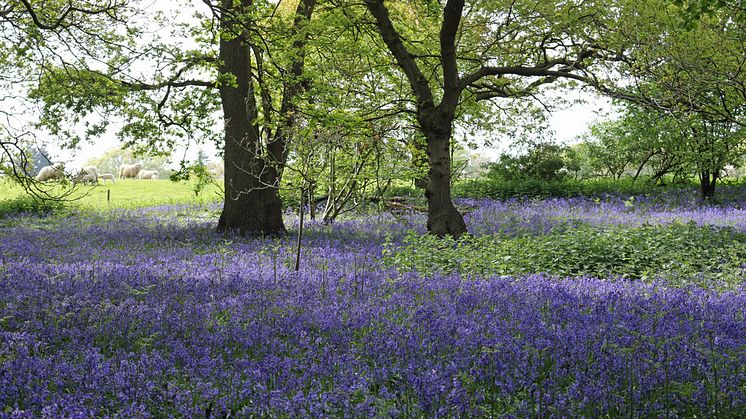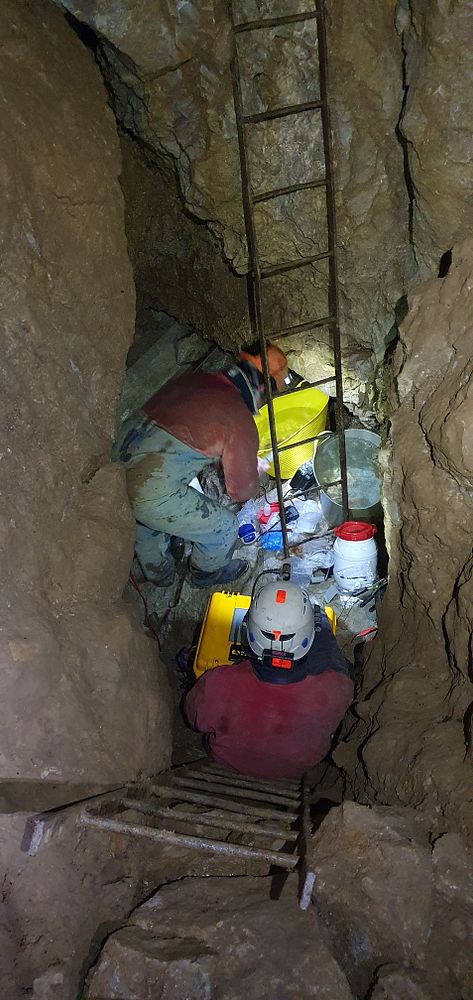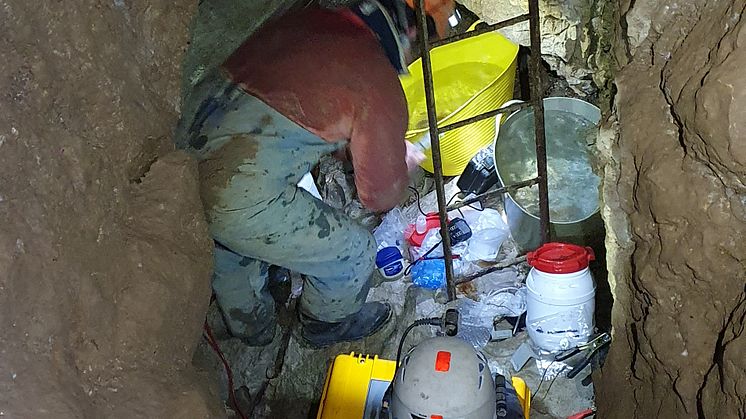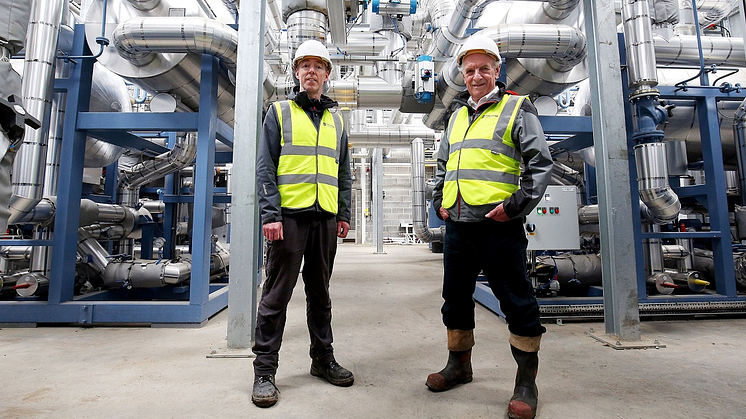
Press release -
Key question around limestone carbon capture to be answered by partnership project
A mystery surrounding the implications of planting trees in areas of limestone bedrock, which is key to helping Britain reach its net zero target, is likely to be solved by a team led by researchers at Northumbria University.
A minimum of 30,000 hectares of new UK woodland is needed to hit climate change targets by the 2050 net zero deadline. Much of the site earmarked for Britain’s new woodland – to be known as the Northern Forest– has limestone bedrock, so the results of this two-year project will be vital in ensuring the efficiency of carbon capture in any future tree planting.
Professor Mike Rogerson from Northumbria’s Department of Geography and Environmental Sciences successfully applied for a grant from The Woodland Trust to enable him to carry out this urgent work.
He explained: “We know how important tree planting is for the environment because it not only provides vital habitat for various species and reduces flood risk downstream, but also captures carbon through photosynthesis.
“Trees are known as carbon sinks because they absorb CO2, which is then turned into wood and stored in the soil, rather than being released as emissions.
“What isn’t clear though is whether trees affect carbon release from limestone bedrock by making them weather faster, and limestone areas make up a third of the of the key sites earmarked for woodland creation in England over the next 10 years.”
Two thirds of the carbon flowing through UK rivers comes from a reaction that takes place between dissolved CO2 and limestone at the base of the soil. Much of this contributes towards making our oceans more alkaline, but during this process some carbon is also lost to the atmosphere, so will contribute to atmospheric CO2.

Professor Rogerson and colleagues Paul Mann, Vasile Ersek and Miranda Prendergast-Miller, will be working with researchers from Newcastle University and the University of Texas on the study to understand whether new forest areas will cause more sinking of carbon to the ocean, or release to the atmosphere. They will have a particular focus on broadleaved woodlands which are dominant in the UK and have rich biodiversity. Coniferous woodland is less ecologically diverse and tends to have more acidic soil.
Professor Rogerson added: “We don’t currently know what the balance is between the carbon that’s lost and that which is stored in these limestone environments, and it’s a critical question as plans move forward for the creation of more UK woodland.”
Assisted by The Woodland Trust, the British Geological Survey, and the British Cave Research Association, with additional sponsorship from Tempcon Instrumentation the team will collect hundreds of samples in all weathers and at all times of the day and night to look at whether different tree cover results in different rates of carbon loss from limestone bedrock and whether most of the dissolved inorganic carbon does end up in the ocean as opposed to the atmosphere.
John Crawford, Conservation Evidence Officer at The Woodland Trust, said: “If we are to be successful in using tree planting as a nature-based solution to help meet our climate change targets, it is vital we understand how trees interact with soil types and geology to affect carbon fluxes and sequestration.
“This project will help us make informed decisions about where we plant trees to have a positive outcome for both nature and the climate.”
Northumbria University is ranked second in the UK for its research power in geography and environmental studies, with 90 per cent of its studies in this area rated as either world-leading or internationally excellent, according to the results of the Research Excellence Framework 2021.
Topics
Categories
Northumbria is a research-intensive modern university with a global reputation for academic excellence. Find out more about us at www.northumbria.ac.uk --- Please contact our Media and Communications team at media.communications@northumbria.ac.uk with any media enquiries or interview requests ---









